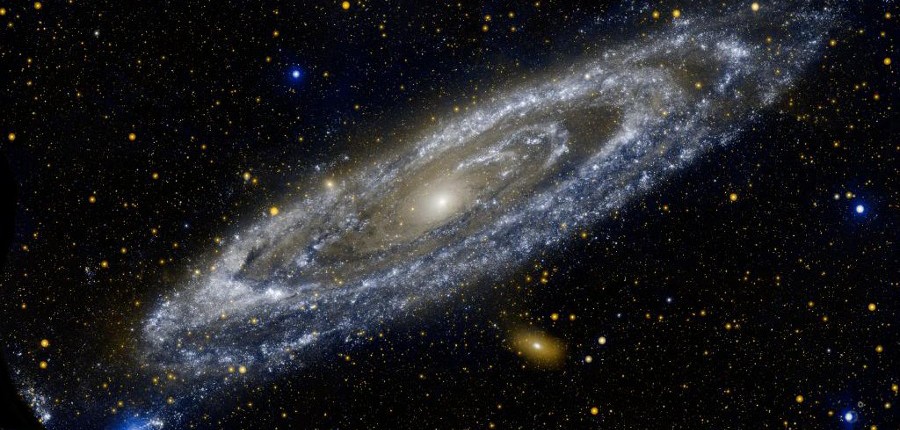1. The Big Bang model of the universe rests precariously on the assumption, made early in the 20th century, that the cause of the perceived cosmological redshift is a recessional velocity. No empirical evidence has been found to support that assumption.
2. The theoretical initial condition of the Big Bang model of the universe, a point of zero volume and infinite density, is physically absurd and scientifically meaningless.
3. The theory of Inflation, required by the Big Bang model in order for it to produce the observed state of the universe, is an ad hoc solution that avails itself of a theoretically dubious ‘negative vacuum pressure’ that has no empirical basis. By constraint of the model, the alleged ‘inflationary epoch’ is impervious to direct detection or observation.
4. The existence of ‘dark matter’ is required to reconcile the Big Bang model with observations but ‘dark matter’ itself has no correlate in the observed universe. Scientifically speaking ‘dark matter’ is at best a weak, improbable, and unproven hypothesis, not an established fact.
5. The existence of ‘dark energy’ is required to reconcile the Big Bang model with observations but ‘dark energy’ also has no correlate in the observed universe. Scientifically speaking ‘dark energy’ is also at best a weak, improbable and unproven hypothesis, not an established fact.
6. According to the Big Bang model @ 95% of the universe consists of ‘dark matter’ and ‘dark energy’. The remaining 5% consists of those things that are actually observed. It can thus be said that there is at least a 95% certainty that the Big Bang model is essentially unscientific in nature.
7. The Big Bang remains the orthodox model of the scientific establishment, despite its obvious scientific shortcomings, because there has evolved in the academic community of scientists a culture that elevates an accepted model over any contravening empirical evidence. In particular the false aphorism “Absence of evidence is not evidence of absence” has permitted proponents of various hypotheses lacking empirical confirmation to minimize the consequences of negative empirical results.
